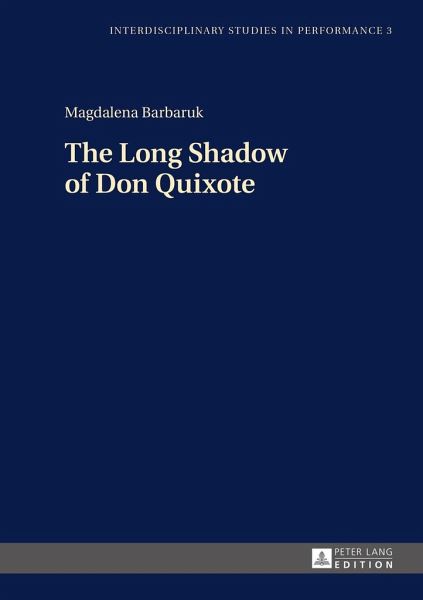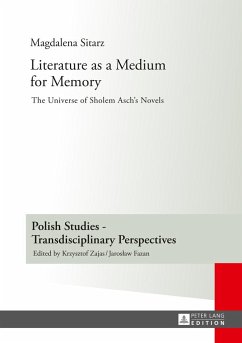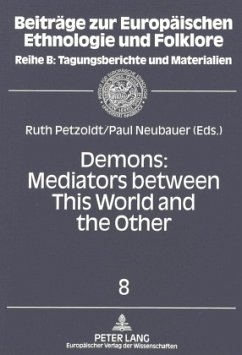
The Long Shadow of Don Quixote
Versandkostenfrei!
Versandfertig in 6-10 Tagen
76,00 €
inkl. MwSt.

PAYBACK Punkte
0 °P sammeln!
The author traces the resurgence of Don Quixote in the contemporary humanities. In the aftermath of World War II, the figure underwent the most radical re-interpretation since Romanticism. These changes speak volumes about our culture. Drawing on the theoretical framework of the specifically Polish variety of cultural studies, this book makes Don Quixote a patron of cultural reflection. With culture conceptualised as performative, Quixotism is "the cultivation of the soul," an axiotic space which forms human ways of life across epochs. In this way, the history of culture can be re-written as a...
The author traces the resurgence of Don Quixote in the contemporary humanities. In the aftermath of World War II, the figure underwent the most radical re-interpretation since Romanticism. These changes speak volumes about our culture. Drawing on the theoretical framework of the specifically Polish variety of cultural studies, this book makes Don Quixote a patron of cultural reflection. With culture conceptualised as performative, Quixotism is "the cultivation of the soul," an axiotic space which forms human ways of life across epochs. In this way, the history of culture can be re-written as a history of values frenzy, bibliomania or evil.














